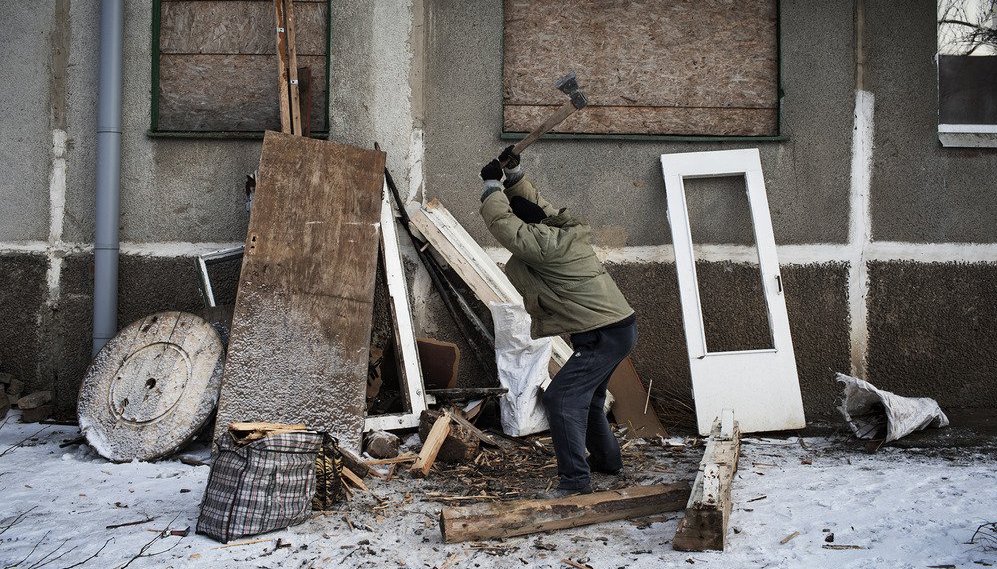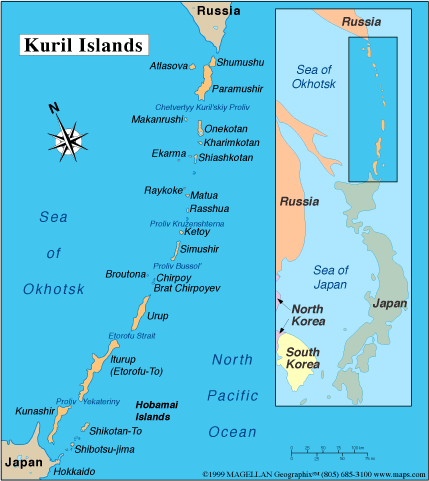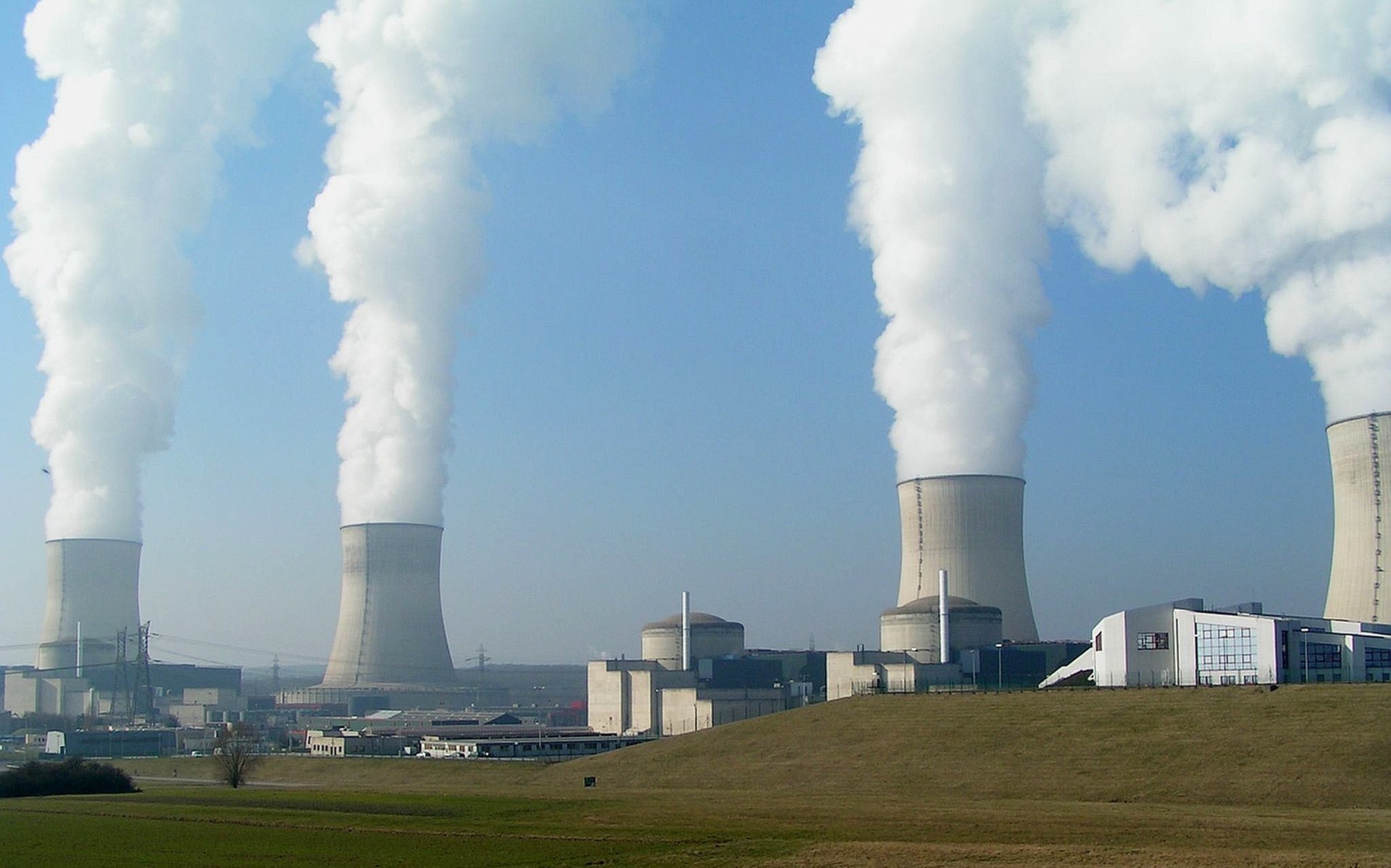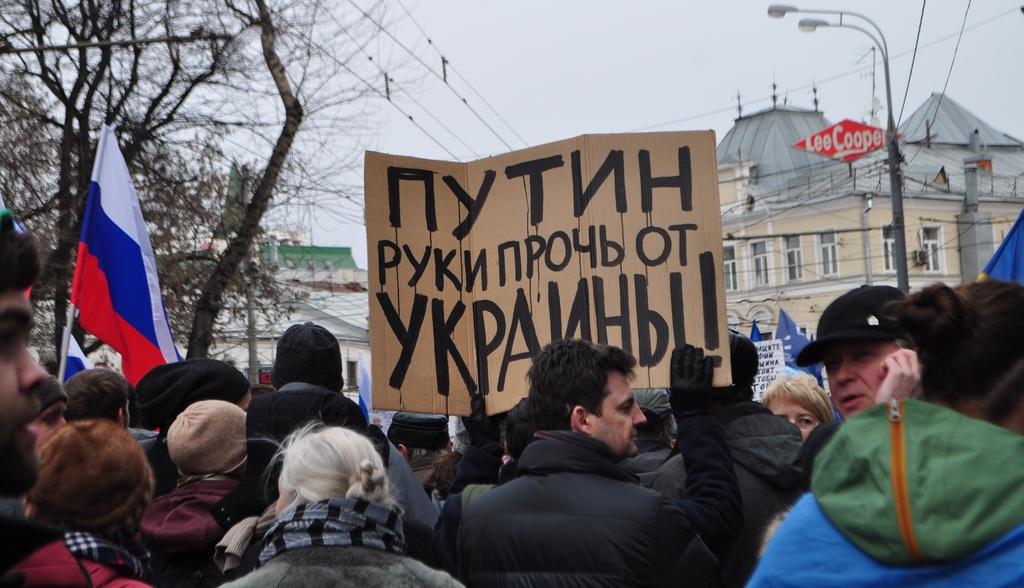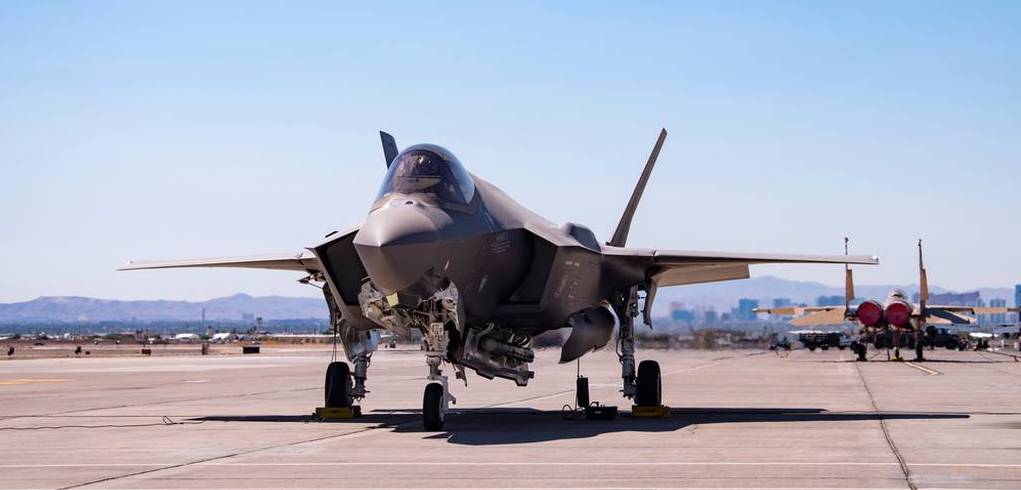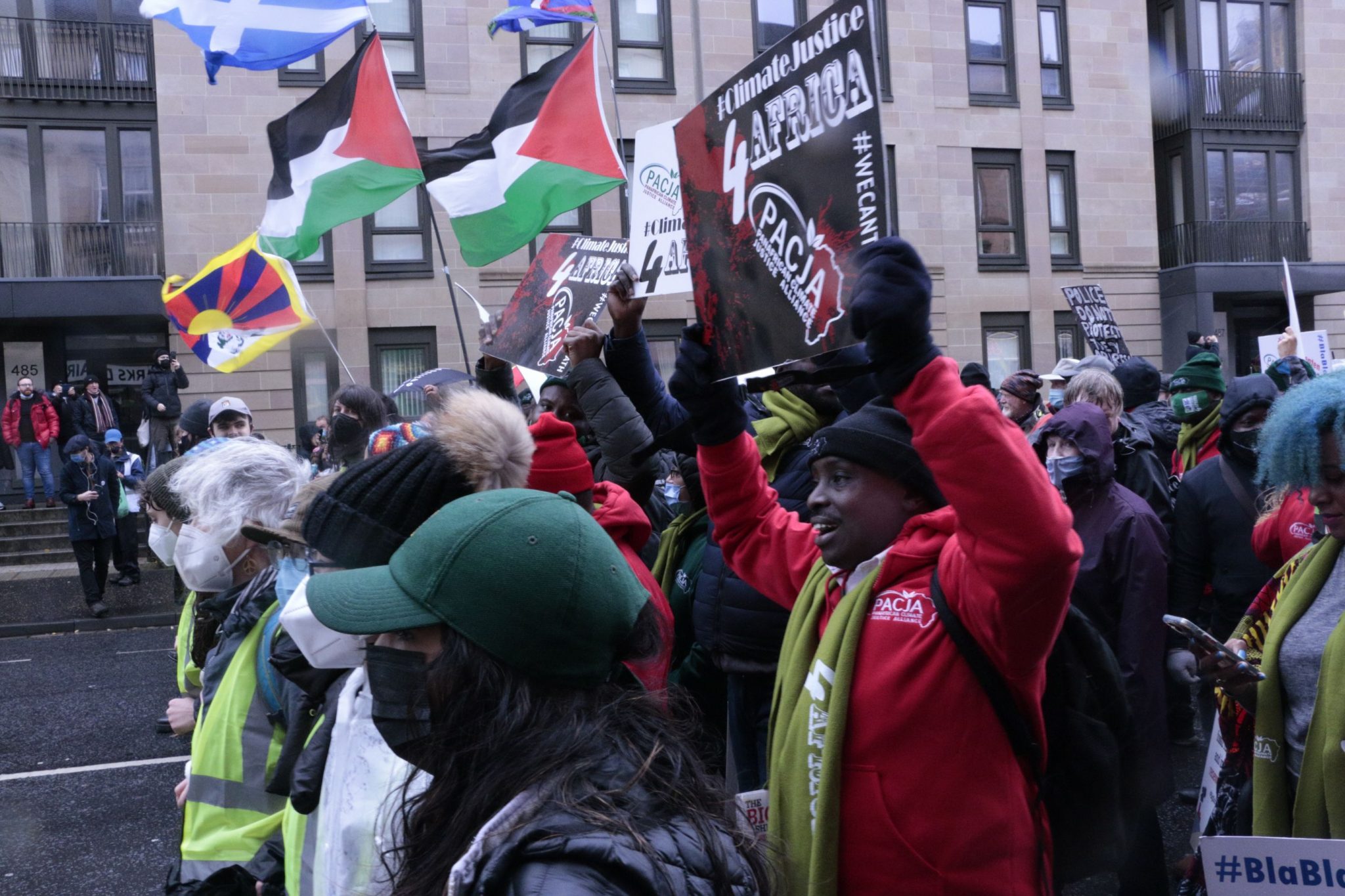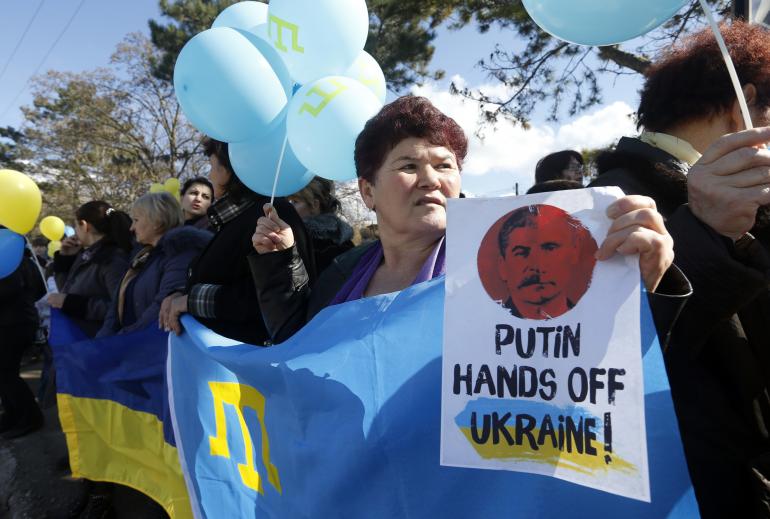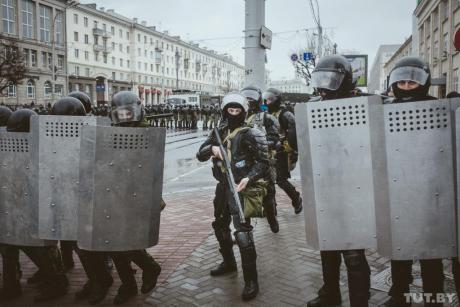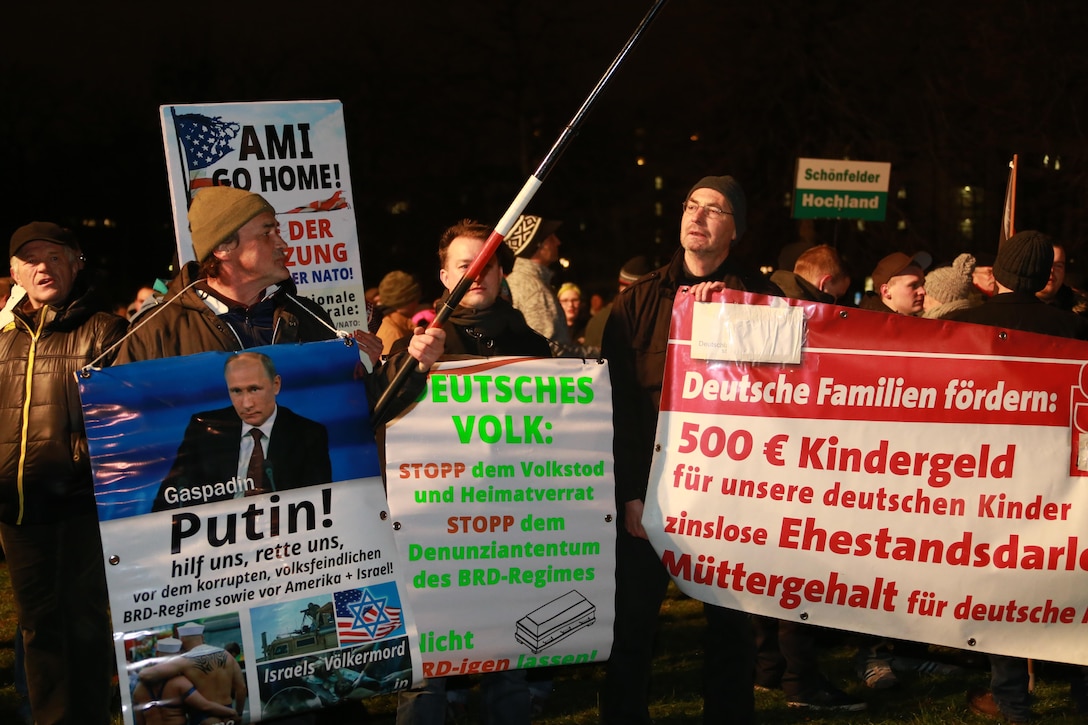
Podcast: Russia and the new fascism
In Episode 111 of the CounterVortex podcast, Bill Weinberg explores the legacy of Francis Parker Yockey and other exponents of the fast-growing current in the Western fascist tradition that looks to Russia as a patron and ally. Under the leadership of Alexander Dugin, “Putin’s Rasputin” and the theorist of a “Eurasian” bloc against Western democracy, resurgent far-right Russo-nationalism is building ties to neo-fascist organizations across Europe—as well as to supposed “anti-war” leftists in the United States. The Putin propaganda machine’s Nazi-baiting of the Ukrainians is yet another example of the sinister trend of fascist pseudo-anti-fascism. It is imperative that progressives in the West do not take the toxic bait of this “Red-Brown Alliance.” Any genuine anti-war position must begin with repudiating Putin’s threats and aggression against Ukraine. Listen on SoundCloud or via Patreon. (Photo: Far-right protesters in Germany with sign reading “Putin, save us!” Via PRISM)



